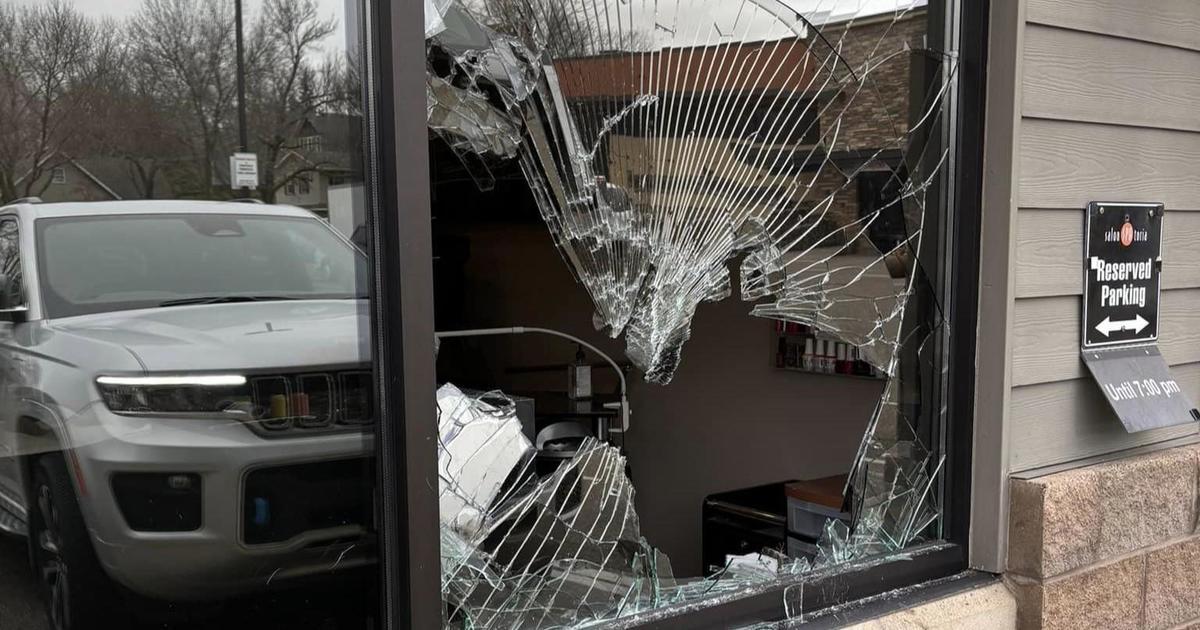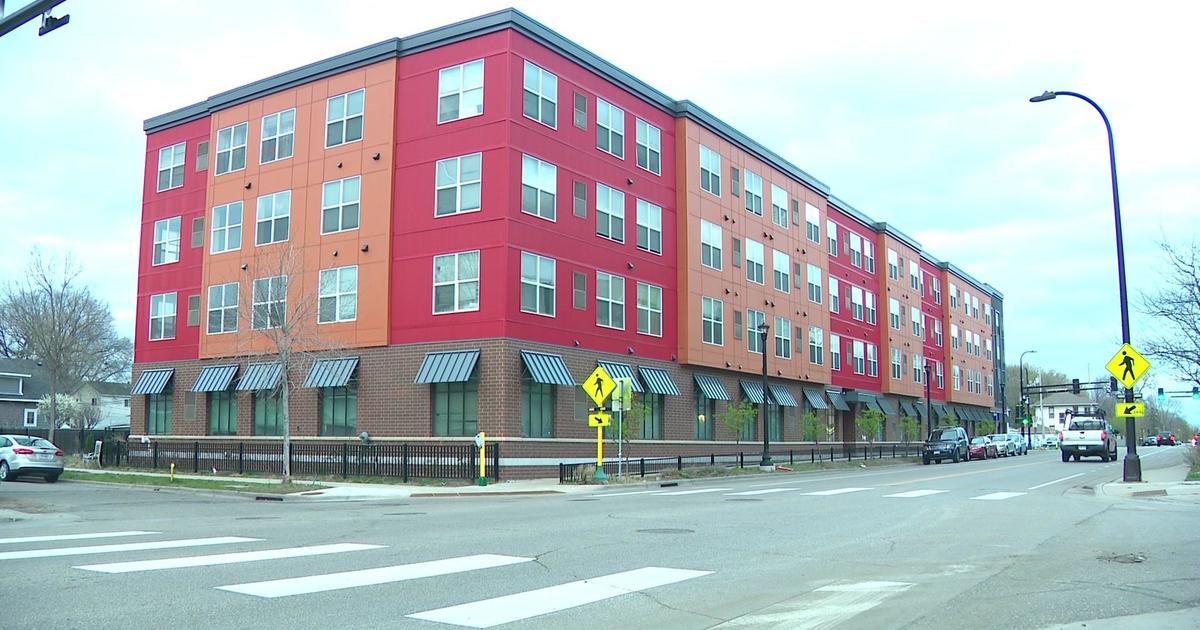Movie Blog: Composers In The Limelight
Ask most cinephiles what is the most important element of film, and I'd wager music scores fall a distant 11th or 12th on the list, or at least far, far behind direction, cinematography, editing, performance and that nebulous buzzword that is mise-en-scène.
But from the looks of some of the repertory programming around town this spring, music's role in moviemaking is greatly undervalued. No less than three soundtrack-smiths are being featured at the Trylon, the Riverview and the Walker Art Center. Here's a quick rundown.
Henri Mancini
What John Williams was to the '70s and James Horner was to the '90s, Henri Mancini was to the '60s. No other composer of the era quite represented its pop impulses as fully as Mancini. Sure, there was Ennio Morricone whistling up and down the gulch, and Michel Legrand reached higher heights within the slightly more narrow scope of French pop, but Mancini had them both beat for overall breadth. And, of course, few themes even today are as immediately recognizable as that of The Pink Panther.
Though he's more often recognized for his lighter fare, Mancini was also adept at darker themes. His work on Orson Welles' noir classic Touch of Evil trembles with south-of-the-border paranoia, and his quarter-tone oscillations throughout Wait Until Dark comprise perhaps one of the most nerve-wracking, non-needle-drop soundtracks in all horror history.
The Trylon is currently in the middle of their tribute to Mancini, and there are two big ones left: Touch of Evil and the Cary Grant-Audrey Hepburn caper Charade. Click here for showtimes.
Bernard Herrmann
Take Up Productions is splitting the bill on their eight-film celebration of Bernard Herrmann, and that's still not all the Herrmann available on local screens this spring. The Walker Art Center is also holding screenings for two more classics: some 1941 time-shifting screwball comedy about a newspaper tycoon, and Wuthering Heights. Click here for more information.
Though both the Bronte classic and Citizen Kane are widely recognizable, all-time classics of Golden Age Hollywood filmmaking, it was Herrmann's collaborations with Alfred Hitchcock that made him a household name. The Hitchcock movies form the bulk of the Take Up Productions program, including the "Still Rock 'N' Roll To Me" likes of Psycho and Vertigo. The former is the most widely-imitated, but it's the latter that stands as both Herrmann's and Hitchcock's respective masterpiece. Those swirling, rapturous leitmotifs continue to spiral their way into pop culture. Check it out:
Rounding out the program, though, are a few selections from Herrmann's late '70s renaissance: Sisters, a knowing Hitchcock pastiche (and a brilliant one, at that) from Brian De Palma, and Taxi Driver, one of the two scores Herrmann was Oscar-nominated for posthumously. (The other, De Palma's Obsession, is unfortunately not part of this program, but is well worth the Netflix. It's the Vertigo to Sisters' Psycho.)
Click here to see the full Herrmann program.
Tōru Takemitsu
The least well known name of these three by far, and hence the one I'm most grateful to Take Up for, um, taking up, Tōru Takemitsu has worked with some of the greatest of all Japanese filmmakers, as well as some of the most vibrantly underground. I can't say much about the movies in this particular series, having to date only seen The Face of Another (which is chilling, by the way). But there's a pretty good six-part documentary about his works on YouTube that should give you a leg up. (The first part can be found here.)
The full program for the Takemitsu series is here.



